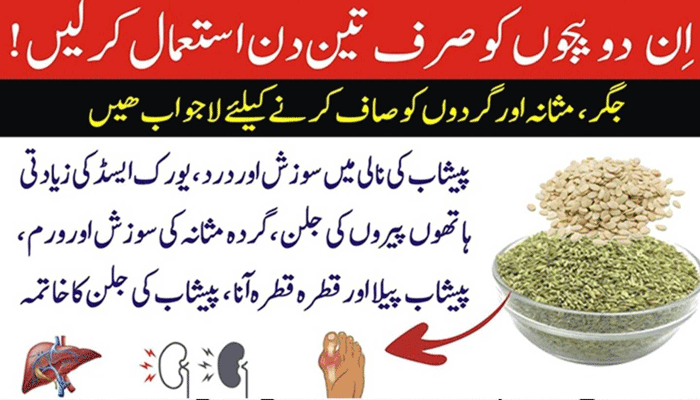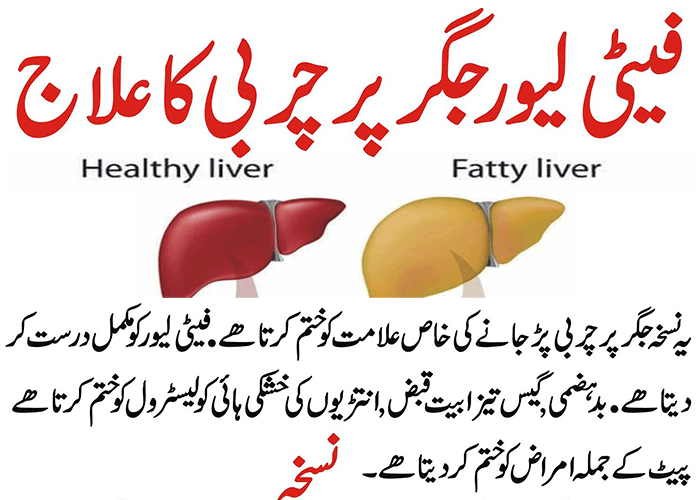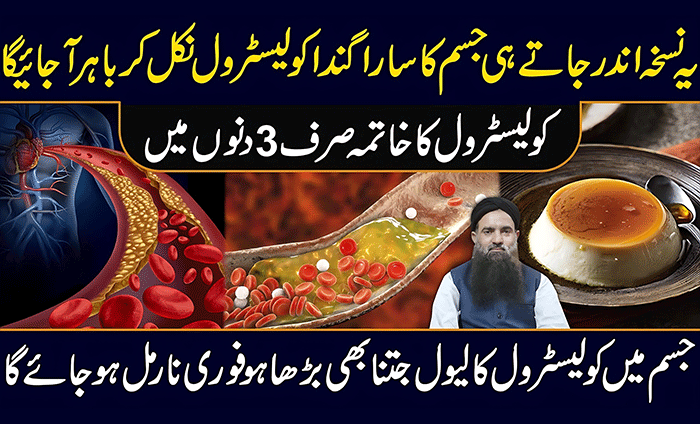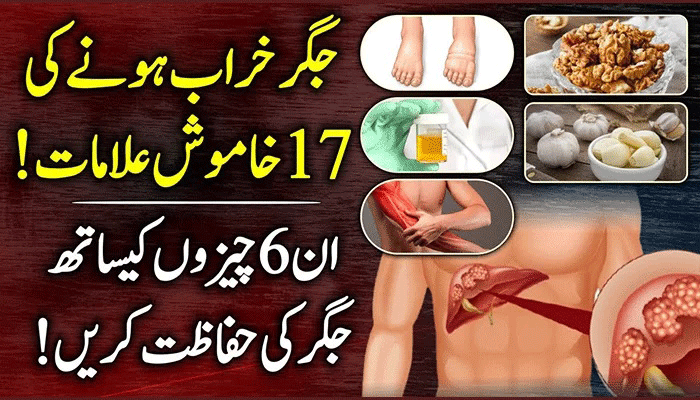
Our liver is like a superhero for our health. It does many important things, like cleaning our blood, turning food into energy, and getting rid of harmful stuff. But sometimes, without us knowing, there can be a problem with our liver that we need to catch early to keep it healthy.
Before we talk about the signs that something might be wrong with our liver, let’s understand how amazing it is. Think of it like a superhero that does three big jobs – cleaning our blood, turning food into energy, and getting rid of things that can hurt us. So, when our liver is not happy, it can show us signs that something’s not right.
What is one of the First Signs of Liver Disease?
The Early Sign: Fatigue and Weakness
One of the initial indicators that something might be amiss with your liver is persistent fatigue and weakness. Feeling excessively tired, even after a good night’s sleep, can be a sign that your liver is struggling. This happens because the liver, when damaged, can’t perform its functions efficiently, leading to a lack of energy in your body.
What Causes Fatigue in Liver Disease?
Impaired Blood Flow: The liver plays a crucial role in regulating blood flow. Liver diseases can hinder this process, leading to fatigue as the body receives inadequate oxygen and nutrients.
Buildup of Toxins: As the liver detoxifies the blood, a malfunctioning liver can result in the accumulation of toxins in the body, contributing to fatigue and weakness.
Reduced Glycogen Storage: The liver stores glycogen, a form of energy. Liver diseases can disrupt this storage process, leaving your body with insufficient energy levels.
What to Do if You Experience Fatigue?
If you notice persistent fatigue and weakness, it’s essential to consult a healthcare professional. Early detection and management of liver diseases can significantly improve outcomes.
Preventing Liver Disease:
While certain liver diseases are hereditary, adopting a healthy lifestyle can go a long way in preventing liver issues:
Balanced Diet: Consume a diet rich in fruits, vegetables, and whole grains while limiting processed foods.
Moderate Alcohol Consumption: Excessive alcohol can harm the liver. If you choose to drink, do so in moderation.
Regular Exercise: Stay active to maintain a healthy weight and promote proper liver function.
In conclusion, recognizing the early signs of liver disease, such as persistent fatigue and weakness, is crucial for timely intervention. Your liver’s health is closely tied to your overall well-being, so pay attention to what your body is telling you. If you experience unusual fatigue, consult a healthcare professional to ensure your liver stays in top-notch condition. Remember, a healthy liver is a key player in your journey to overall health and wellness.
What is the liver, and why is it important?
The liver is a vital organ that plays a crucial role in filtering blood, metabolizing nutrients, and detoxifying harmful substances. Its functions are essential for maintaining overall health.
What are the early signs of liver disease?
One of the first signs of liver disease is persistent fatigue and weakness. If you find yourself unusually tired, even after proper rest, it could be an indication that your liver is not functioning optimally.
Why does liver disease cause fatigue?
Liver disease can lead to fatigue due to impaired blood flow, buildup of toxins in the body, and a reduction in glycogen storage. These factors collectively contribute to a lack of energy.
How can I prevent liver disease?
Adopting a healthy lifestyle is key to preventing liver disease. This includes maintaining a balanced diet rich in fruits, vegetables, and whole grains, moderating alcohol consumption, and engaging in regular exercise to support overall liver function.
Is fatigue always a sign of liver disease?
While persistent fatigue can be a warning sign of liver disease, it’s essential to consider other factors such as stress, lack of sleep, or an underlying medical condition. If fatigue persists, consulting with a healthcare professional is recommended for a comprehensive evaluation.
What should I do if I suspect liver disease?
If you notice persistent fatigue or other unusual symptoms, it’s crucial to seek medical advice promptly. A healthcare professional can conduct tests to assess liver function and determine the appropriate course of action.
Can liver disease be hereditary?
Yes, some liver diseases have a genetic component, meaning they can run in families. However, adopting a healthy lifestyle can still play a significant role in preventing or managing these conditions.
How often should I have my liver checked?
The frequency of liver checks depends on various factors, including your age, overall health, and risk factors. Regular check-ups with your healthcare provider can help monitor your liver health and detect any issues early on.
What role does diet play in liver health?
A balanced diet is crucial for maintaining liver health. Consuming a variety of nutrient-rich foods and avoiding excessive intake of processed or fatty foods can support optimal liver function.
Can liver disease be reversed?
In some cases, early detection and intervention can slow or halt the progression of liver disease. However, the extent of reversibility depends on the specific condition and its severity. Seeking medical advice promptly is essential for appropriate management






